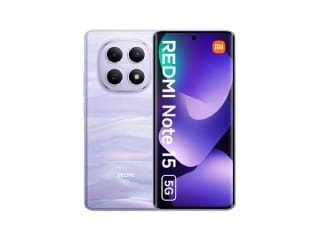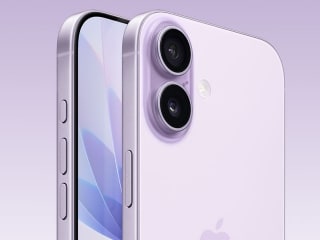- Home
- Laptops
- Laptops News
- Google Reportedly Acquires Lytro for $40 Million; VR Enhancements Likely to Be Prime Objective
Google Reportedly Acquires Lytro for $40 Million; VR Enhancements Likely to Be Prime Objective
Google is reportedly acquiring Lytro, an imaging startup that is currently building a proprietary light-field technology to enhance virtual reality (VR) experiences. The new move comes as an addition to Google's light-field experiments that it revealed last week. It is likely to help the company expand its Daydream VR platform that was launched in November 2016. Mountain View, California-based Lytro started its journey in the imaging world as a camera company by launching its first-generation consumer light-field cameras in 2012, though it distinguished its existence in the VR space by bringing Lytro Immerge that it claims to be the world's first light-field solution for VR.
According to TechCrunch, the acquisition is valued at more than $40 million (approximately Rs. 260 crores) and is described by a source as an "asset sale". This suggests that Lytro may retain its ownership on the existing developments even after the closure of the acquisition. However, neither Google nor Lytro has so far revealed any details about the deal. It still appears that Google would get not just the technology and resources owned by Lytro but also its 59 patents that are mainly for light-field and other digital imaging developments.
Founded in 2006 by Stanford University alumnus Ren Ng, Lytro gained huge popularity for building light-field cameras. While the first Lytro camera debuted in a telescope shape, the company in 2014 launched its upgrade with a conventional DSLR-like build. In 2016, the company brought Lytro Cinema as a light-field capture system for cinematic content.
Lytro has top-tier venture capitalists on board, including Andreessen-Horowitz, Greylock Partners, NEA and Correlation Ventures. Moreover, in 2011, it was reported that Apple's former CEO Steve Jobs even met with Ng to improve the camera experience on iPhones.
Last week, Google announced the release of a 'Welcome to Light Fields' app for the HTC Vive, Oculus Rift, and Windows Mixed reality headsets. The company also importantly highlighted its focus towards capturing and processing light fields to enhance VR experiences. It modified a GoPro Odyssey Jump camera to record nearly a thousand outward-facing viewpoints on a 70-centimetre sphere to eventually create a more realistic sense of presence in VR than before. All this is expected to get a real picture through Lytro resources.
Catch the latest from the Consumer Electronics Show on Gadgets 360, at our CES 2026 hub.
Related Stories
- Samsung Galaxy Unpacked 2025
- ChatGPT
- Redmi Note 14 Pro+
- iPhone 16
- Apple Vision Pro
- Oneplus 12
- OnePlus Nord CE 3 Lite 5G
- iPhone 13
- Xiaomi 14 Pro
- Oppo Find N3
- Tecno Spark Go (2023)
- Realme V30
- Best Phones Under 25000
- Samsung Galaxy S24 Series
- Cryptocurrency
- iQoo 12
- Samsung Galaxy S24 Ultra
- Giottus
- Samsung Galaxy Z Flip 5
- Apple 'Scary Fast'
- Housefull 5
- GoPro Hero 12 Black Review
- Invincible Season 2
- JioGlass
- HD Ready TV
- Laptop Under 50000
- Smartwatch Under 10000
- Latest Mobile Phones
- Compare Phones
- Samsung Galaxy A07 5G
- Vivo Y500i
- OnePlus Turbo 6V
- OnePlus Turbo 6
- Itel Zeno 20 Max
- OPPO Reno 15 Pro Mini 5G
- Poco M8 Pro 5G
- Motorola Signature
- Lenovo Yoga Slim 7x (2025)
- Lenovo Yoga Slim 7a
- Realme Pad 3
- OPPO Pad Air 5
- NoiseFit Pro 6R
- Xiaomi Watch 5
- Acerpure Nitro Z Series 100-inch QLED TV
- Samsung 43 Inch LED Ultra HD (4K) Smart TV (UA43UE81AFULXL)
- Asus ROG Ally
- Nintendo Switch Lite
- Haier 1.6 Ton 5 Star Inverter Split AC (HSU19G-MZAID5BN-INV)
- Haier 1.6 Ton 5 Star Inverter Split AC (HSU19G-MZAIM5BN-INV)
















